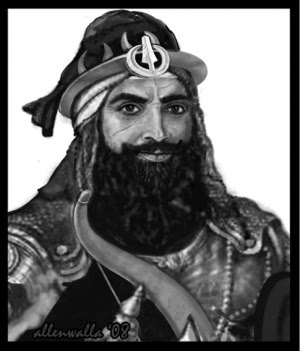The History of Facebook and How It Was Invented
Hot or Not?
In 2003, Zuckerberg, a second year student at Harvard at the time, wrote the software for a web site called Facemash.
He put his computer science skills to
good use by hacking into Harvard's security network, where he copied
the student ID images used by the dormitories and used them to populate
his new website. Interestingly enough, he had initially created the site
as a type of "hot or not"
game for fellow students. Website visitors could use the site to
compare two student photos side-by-side and decide who was "hot" and who
was "not."
Facemash opened on October 28, 2003 and closed a few
days later after it was shut down by Harvard execs. In the aftermath,
Zuckerberg faced serious charges of breach of security, violating
copyrights and violating individual privacy for stealing the student
photos he used to populate the site. He also faced expulsion from
Harvard University for his actions. However, all charges were eventually
dropped.TheFacebook
On February 4, 2004, Zuckerberg launched with a new website called "Thefacebook." He named the site after the directories that were handed out to university students to aid them in getting to know one another better.
Six days later, he again got into
trouble when Harvard seniors Cameron Winklevoss, Tyler Winklevoss and
Divya Narendra accused him of stealing their ideas for an intended
social network website called HarvardConnection and of using their ideas
for TheFacebook. The claimants later filed a lawsuit against
Zuckerberg, but the matter was eventually settled out of court.
The following year, venture capital firm Accel Partners invested $12.7 million in the company, which enabled the creation of a version of the network for high school students. Facebook would later expand to other networks such as employees of companies. In September of 2006, Facebook announced that anyone who was at least 13 years old and had a valid email address could join. By 2009, it had become the world's most used social networking service, according to a report by the analytics site Compete.com.
While Zuckerberg's antics and the site's profits eventually led to him becoming the world's youngest multi-billionaire, he's done his part to spread the wealth around.
He's donated $100 million dollars to
the Newark, New Jersey public school system, which has long been
underfunded. In 2010, he signed a pledged, along with other wealthy
businessmen, to donate at least half of his wealth to
charity. Zuckerberg and his wife Priscilla Chan have donated $25 million
toward fighting the ebola virus and announced that they
would contribute 99% of their Facebook shares to the Chan Zuckerberg Initiative to improve lives through education, health, scientific research and energy.




Comments
Post a Comment